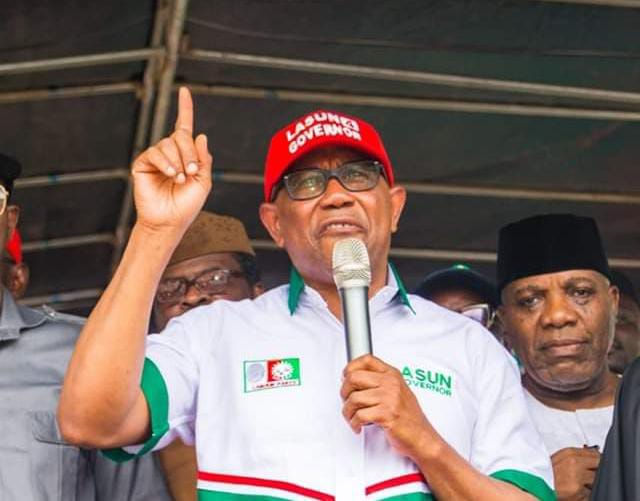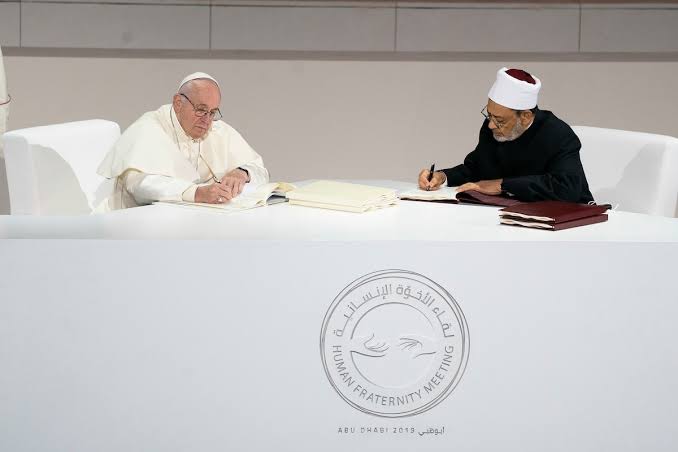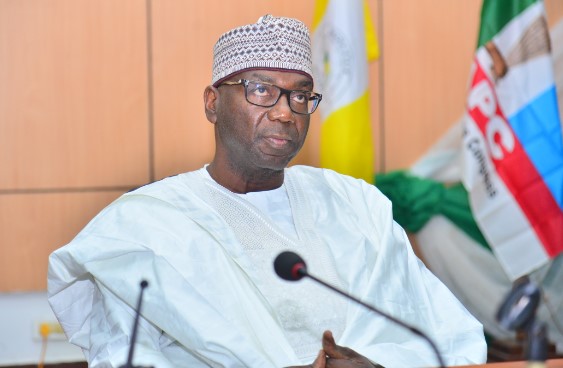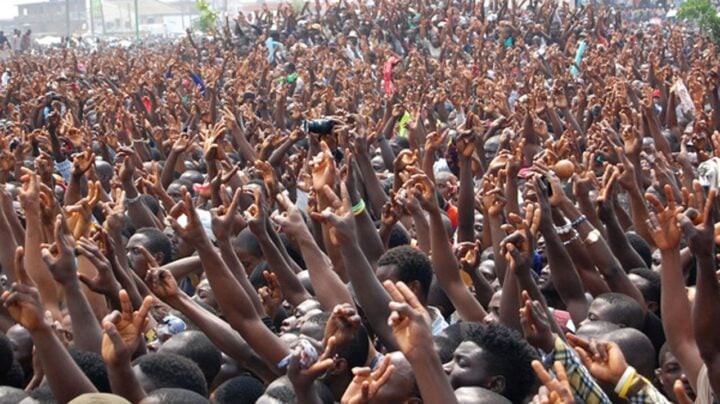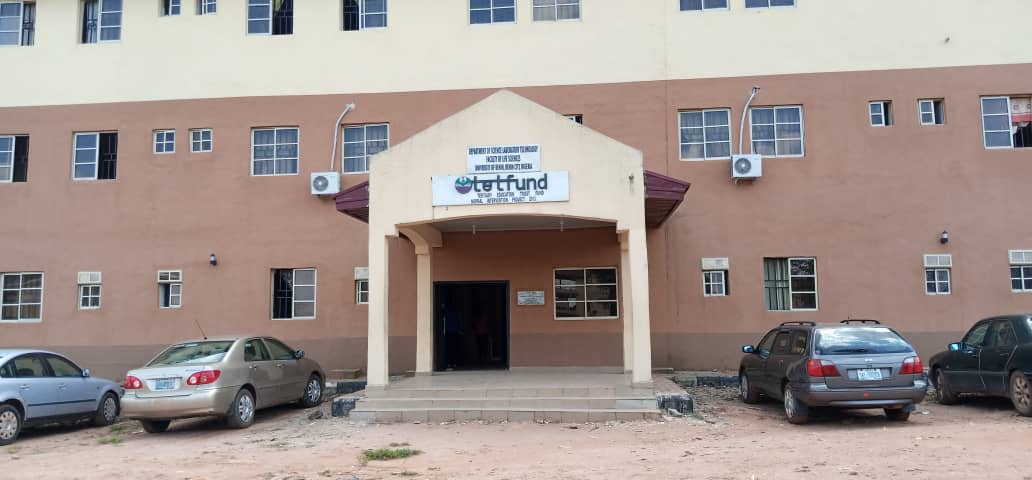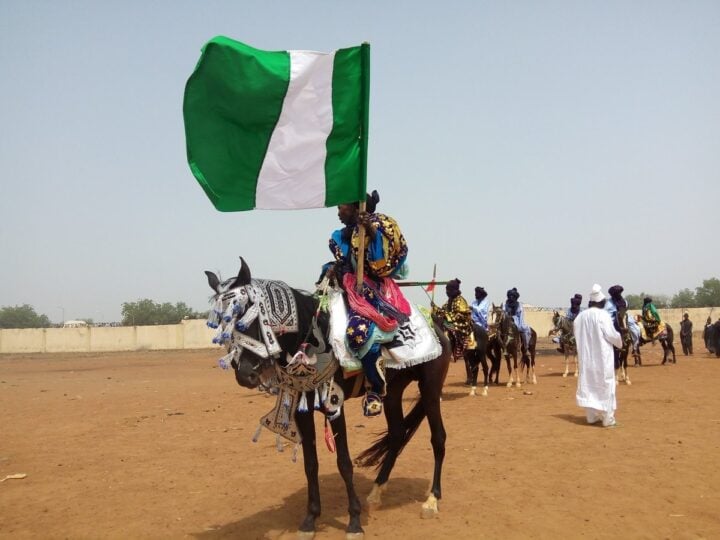BY JULIUS OGUNRO
Several somewhat unrelated events have coalesced to propel the presidential candidacy of Peter Obi, pushing him to the zenith of national politics. His meteoric rise is unusual and upends the established political norm as he is not running on any of the two major political platforms, the ruling All Progressives Congress (APC) and the opposition People’s Democratic Party (PDP).
Since the inception of the 4th Republic in 1999, Nigeria has never been short of what is regarded as the third force, alternative party vehicles outside the big ones. In the early 2000s, it was the PDP behemoth that dominated the political space. It was such an effective political machine that its chairman boasted that the PDP would govern the country for at least 50 years. The opposition at the time was weak and divided, with each party governing one or a few (non-contiguous) states.
With the formation of the APC in 2013, the political space changed significantly, leaving the country with two national parties of almost equal strength. The APC won the 2015 presidential election and the PDP became the de-facto opposition.
Advertisement
Even then, there were smaller parties but they were usually paperweight and not worth the reckoning. These parties were exemplified by presidential candidates such as media owner and eternal government critic Omoyele Sowore, and development economist Kingsley Moghalu, insurgent candidates with little structural support across the country.
No surprise then that the small parties and their candidates made a near-zero impact on the 2019 presidential election, only winning a few hundred thousand votes out of a possible 27.3 million. I suspect that their vote tallies did not fully represent the actual strength and popularity of the presidential candidates.
Their poor showing was probably because of the evolving political culture in Nigeria, which favours a dualistic or binary view in respect of party options. This is similar to what exists in more mature democracies such as the US, Australia, and the UK where two political parties often dominate. So people in these places tend to vote ‘tactically’, for one of either the two major political parties, instead of ‘wasting’ their vote for the small party with no realistic chance of winning.
Advertisement
Then, enter Obi. He has significantly changed the outlook for the 2023 presidential election and now instead of only two parties with realistic chances of winning the election, there are now three, the third being Obi’s Labour Party (LP).
Obi’s support appears to be organic and growing by the minute. This unusual phenomenon of a strong third presidential candidate first took off on social media where millennials and other (previously) nonpolitically active young Nigerians became invested in Obi and started promoting his candidacy and ideas like a loaf of hot bread. Soon, he gained significant traction and is now making waves across the country, especially in Southern metropolises.
With his soft voice, calm mien, and grasp of issues, Obi increasingly appears to be a shining star in a dark sky full of tired, old, and fading politicians. But how did the Obi phenomenon happen? Three words best describe the factors responsible for Obi’s political ascendancy: time, chance, and opportunity. To further distil this, he is a beneficiary of young Nigerians becoming more politically active this election cycle, unlike in the past when all they wanted to do was watch their reality shows and throw banters on social media.
This appears to be one of the unintended consequences of the #EndSARS protests, which engulfed the country in 2020 when young and frustrated Nigerians poured into the street to demonstrate, first, against police brutality and then against all the ills that plague the Nigerian state. After the protests were violently suppressed by security agents across the country, but most infamously so at the Lekki Toll Gates, these young Nigerians vowed to teach the old political actors whom they perceive not to care about their concerns a bitter lesson at the polls.
Advertisement
This #EndSARS generation increasingly sees in Obi the redemption they seek. The man is articulate, relatively young, and speaks to the issues that interest young Nigerians: the economy, jobs, and a prosperous future. He also doesn’t appeal to tribal or base sentiments, coming across as a supportive older brother and candidate who wants to be appraised based on the quality of his ideas and vision alone. He thus comes off smelling sweet as a fine gentleman and a new type of politician, even with his penchant to overstate his accomplishments as governor and muddle his data.
In addition, the outcome of the presidential primaries of the two major political parties also accentuated the rise of Obi. For the APC, a party that is struggling with poor public perception because of a lacklustre performance after seven years of presidential power, the expectation was that it would elect a presidential candidate that is a break from the past.
A Dr Kayode Fayemi or Prof Yemi Osibanjo would have fit the bill; even a David Umahi or Emeka Nwajiuba would have probably been okay as they would have eaten into Obi’s largest support base in the southeast, being Igbo politicians from the region themselves. But the party went for Asiwaju Bola Tinubu, the former Lagos state governor, who is a classic symbol of the old political order in Nigeria. The APC then made things worse with its Muslim/Muslim ticket, alienating the large Christian demography that makes up about half of the Nigerian population.
A similar scenario played out in the PDP, which elected former Vice President Atiku Abubakar as its presidential candidate. The hope was that after the eight-year rule of President Muhammadu Buhari, power would move down south based on the tacit principle of power rotation that has been in place. But Atiku muzzled his way in, winning the PDP presidential ticket. This action angered a lot of PDP supporters, especially from the south, who felt betrayed by the party and think it is a misnomer for another northern Muslim to take over after Buhari.
Advertisement
The other significant factor that has helped the Obi candidacy is the 2022 electoral act, which makes for the electronic transmission of results and contains other provisions which have raised the spectre of a free and fair presidential election in 2023. This has increased confidence in the electoral process and made a lot of people register as first-time voters.
All said and done, the personal attributes and leadership qualities of Obi have also played crucial roles in his growing popularity and influence. Would all this be sufficient for him to win the presidential election? It is doubtful, considering how entrenched the two major political parties are and the complexity of the Nigerian state but it is riveting that he has raised the bar several notches higher.
Advertisement
Views expressed by contributors are strictly personal and not of TheCable.
Add a comment
